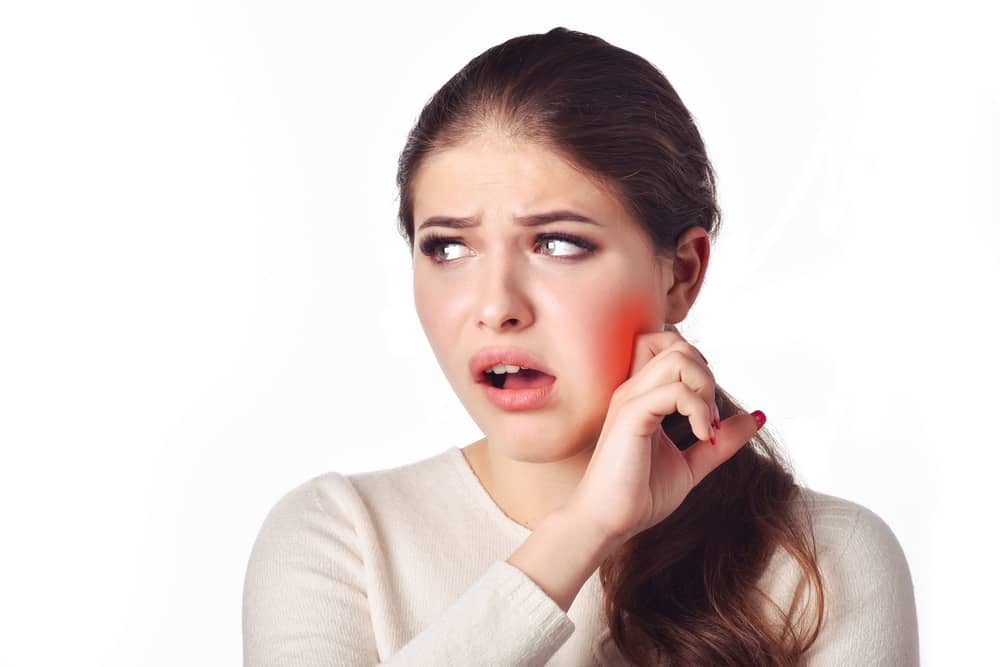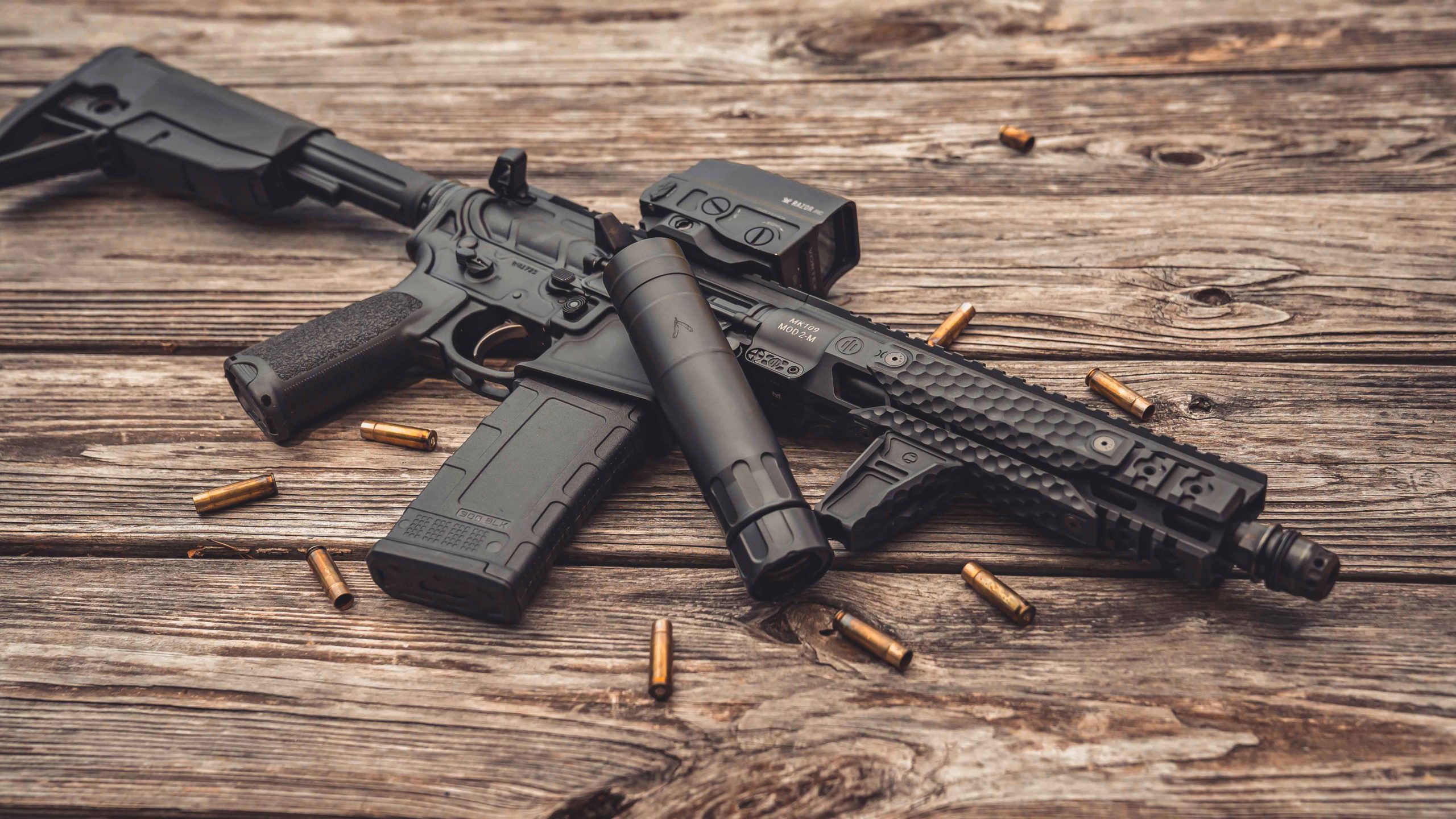Outstanding Info About How To Prevent Lock Jaw

Constant clenching and grinding of the teeth wears away tooth enamel.
How to prevent lock jaw. Open jaw lock: Tips for preventing lockjaw. Is when the mouth is stock wide open and cannot be closed.
It can cause pain or locking in one or both hinge joints (temporomandibular joints). Ear, nose and throat. Joints are designed to move.
Bruxism (teeth grinding) persistent teeth grinding, often done unconsciously during sleep, can contribute to tmj issues. Lockjaw, also known as trismus, is a restricted ability to open the mouth. Tmd can also cause an aching or throbbing pain and feelings of tenderness in or near the ear,.
A very common treatment for tmj dysfunction is the use of a nightguard, which is a plastic mouthpiece that covers the teeth, and prevents enamel on enamel. Try to find ways to relax. You probably have searched for why does my jaw.
Because lock jaw prevents sufferers from opening their mouths, it can have a secondary effect of causing poor oral hygiene. Jaw clicking can range from mild to severe, and it can affect one or both sides of your face. It typically involves painful spasms in the.
Combination of mm with dental splints, physical therapy and psychology. National center for immunization and respiratory diseases, division of. Listen to and feel your jaw when you open and close your mouth.
These joints are located between the lower jaw and the temporal bone. Fluoride helps further strengthen your tooth enamel and overcome tooth sensitivity. Pain and discomfort in your jaw can really ruin your day.
Hold an ice pack or heat pack wrapped in a tea towel to the jaw, whichever feels better. When the bacteria enter your body, they create a poison (toxin). Press on areas around your jaw to identify sites of pain.
Take paracetamol or ibuprofen. Sometimes, jaw lock can occur without warning, which can be very distressing for. Depending on the severity of your condition, your.
How to fix lock jaw immediately. You have temporomandibular joint dysfunction. A jaw that constantly clicks could be due to a problem with your temporomandibular joint (tmj), a joint located.
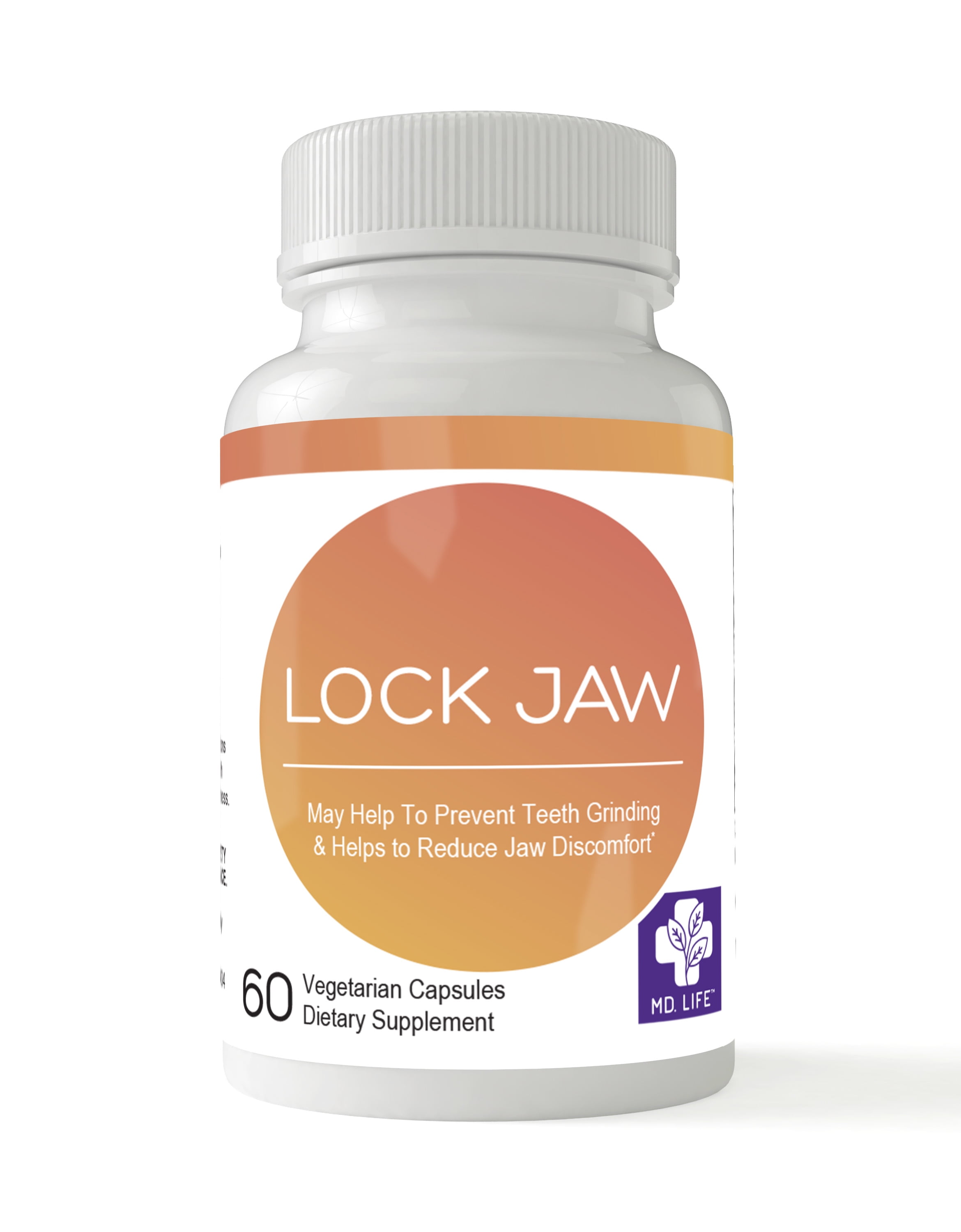

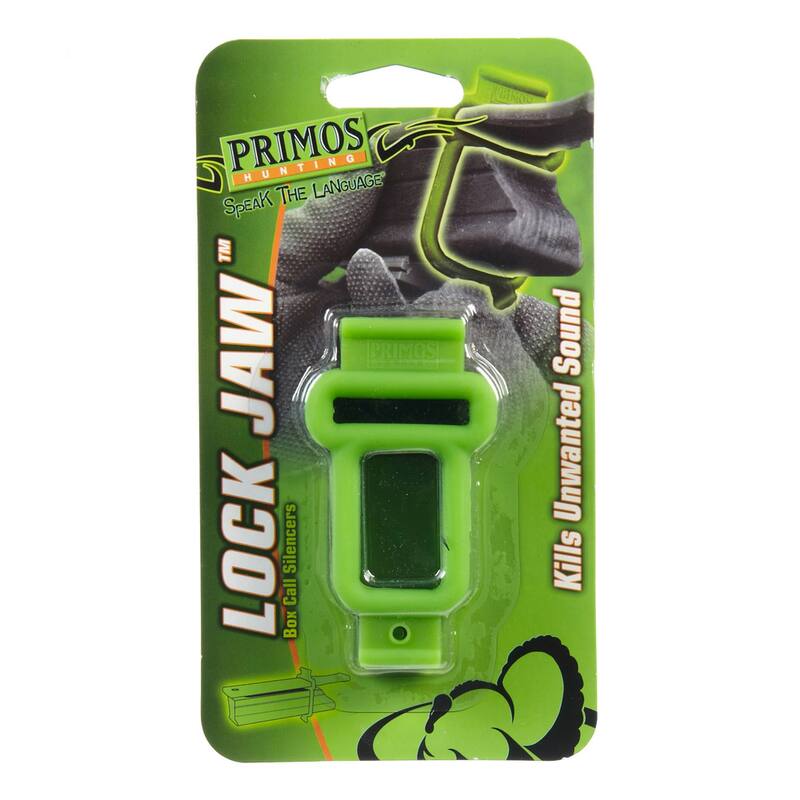
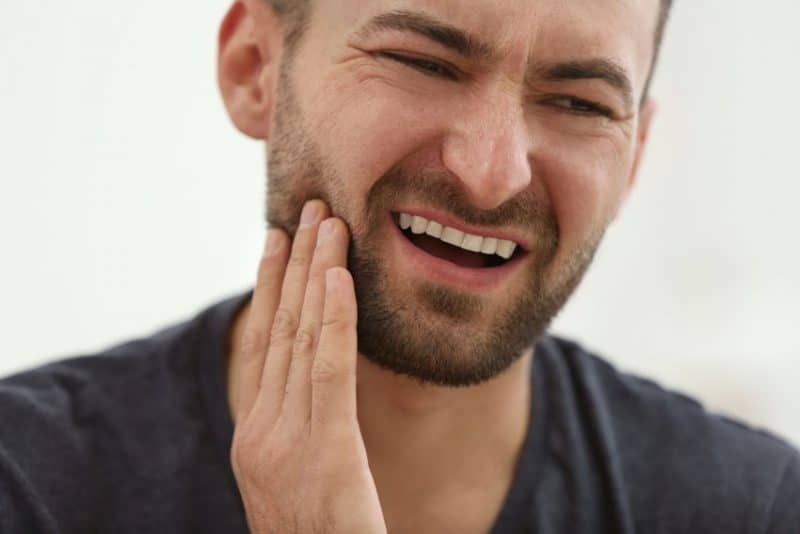
![Ask Lock Jaw by Shlepa Fur Affinity [dot] net](https://d.furaffinity.net/art/shlepa/1690695356/1690695356.shlepa_ask_lock_jaw.jpg)





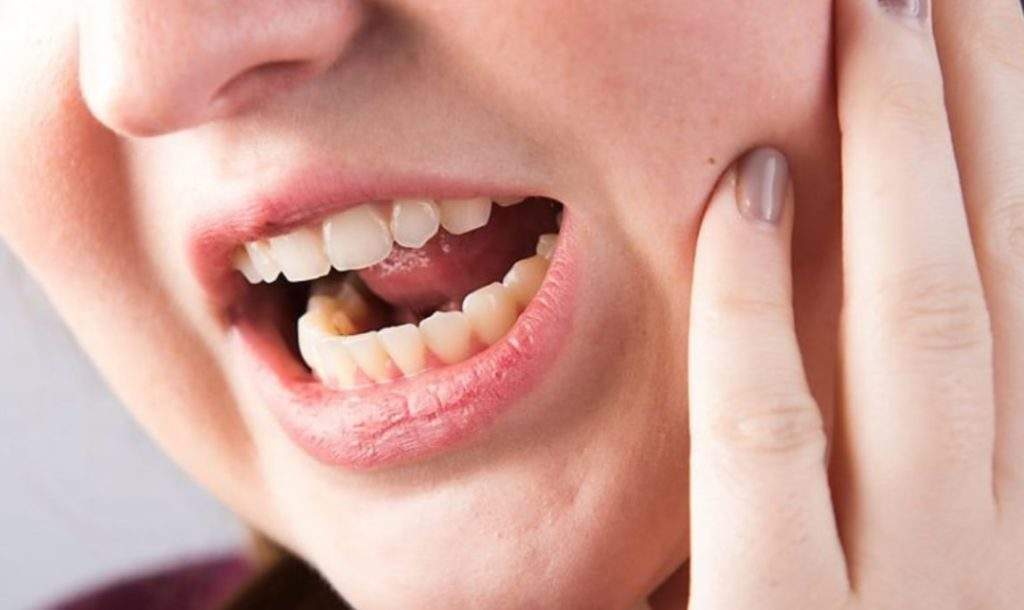
:max_bytes(150000):strip_icc()/exercise-program-for-tmd-and-tmj-pain-4587361-ADD-Final-70069e647cb34191ad91b4a30a59d411.gif)
![Lock Jaw 2 by Shlepa Fur Affinity [dot] net](https://d.furaffinity.net/art/shlepa/1683054510/1683054306.shlepa_lock_jaw_2.jpg)
